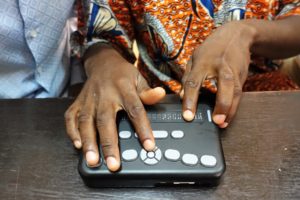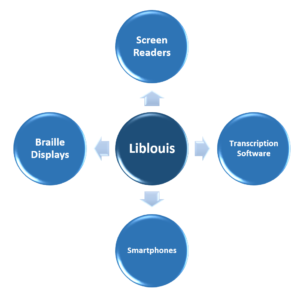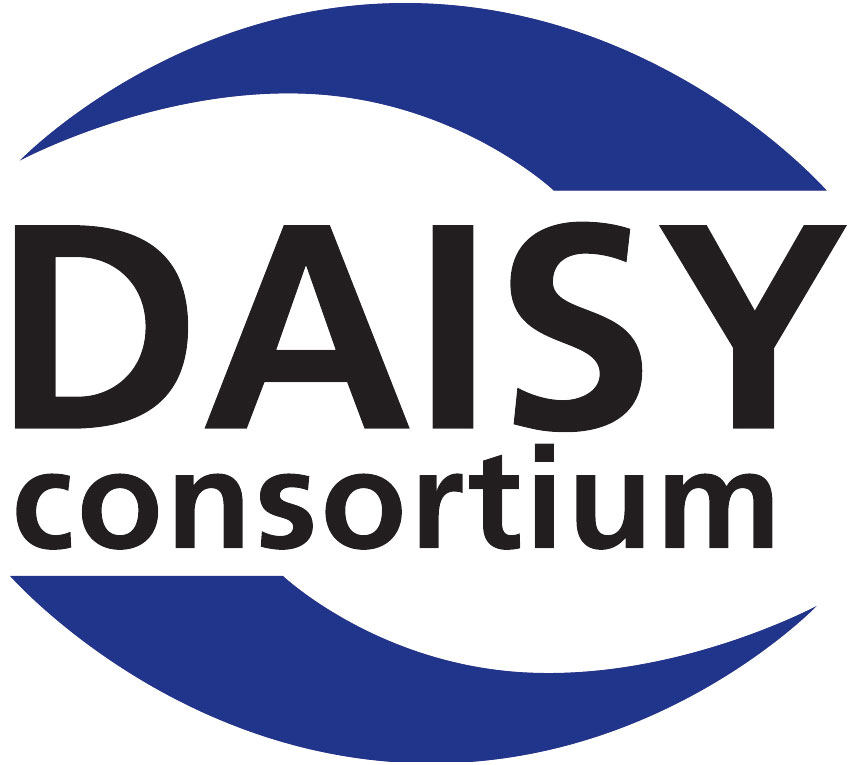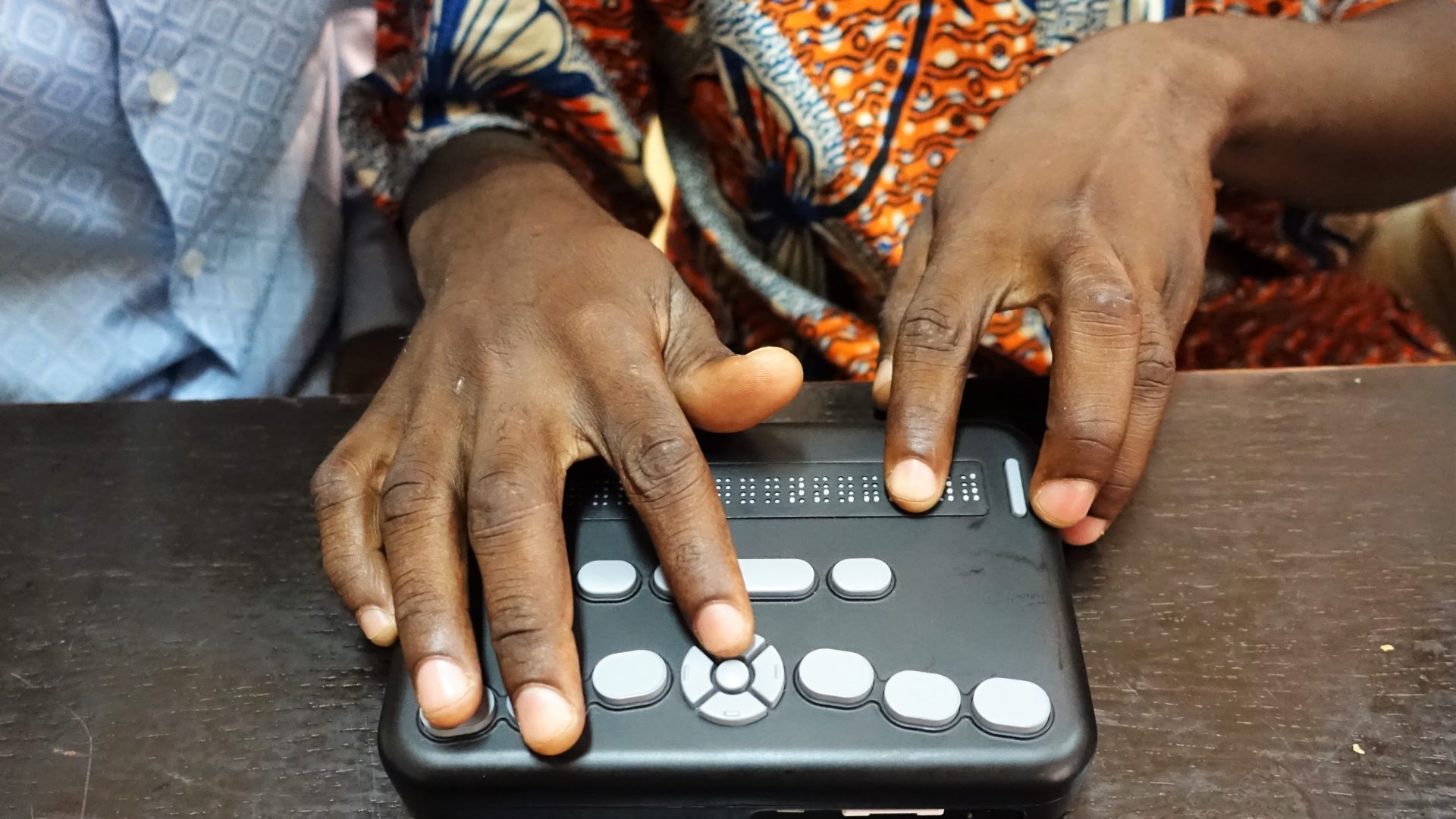Expanding Braille Language Support
 Refreshable Braille Displays have revolutionized the ability to read in braille. With the help of a braille display, whatever is available as accessible digital text can also be available in braille. For people who read braille and rely upon it as their primary, and sometimes only reading format, there could not be anything better. Between 2012-2018 a significant effort was made to reduce the cost of refreshable braille displays to make this technology available in low and middle-income countries. These efforts resulted in multiple new devices being developed and brought to market, influencing existing products, and starting to revolutionize access to braille. However, making more affordable hardware available has driven demand for braille in local languages, both on braille devices and through screen reading software. The DAISY Consortium, through the Low-Cost Assistive Technology Project supported by Microsoft, is working on a strategic development to begin addressing this issue.
Refreshable Braille Displays have revolutionized the ability to read in braille. With the help of a braille display, whatever is available as accessible digital text can also be available in braille. For people who read braille and rely upon it as their primary, and sometimes only reading format, there could not be anything better. Between 2012-2018 a significant effort was made to reduce the cost of refreshable braille displays to make this technology available in low and middle-income countries. These efforts resulted in multiple new devices being developed and brought to market, influencing existing products, and starting to revolutionize access to braille. However, making more affordable hardware available has driven demand for braille in local languages, both on braille devices and through screen reading software. The DAISY Consortium, through the Low-Cost Assistive Technology Project supported by Microsoft, is working on a strategic development to begin addressing this issue.

Liblouis is the open source braille translation software behind a wide variety of applications including many of the common screen readers such as JAWS, NVDA, Narrator, Orca, Talk Back and Voice Over, covering a diverse range of devices based on Windows, MacOS, Linux, Android and iOS. Through Liblouis these screen reading applications are able to display digital text from computers or smartphones through a connected refreshable braille display. Most braille note takers or braille displays capable of working as a stand-alone device also use Liblouis language tables to add braille translation support for any language. By adding new language support through Liblouis, that language would seamlessly be added to a broad range of software and hardware.
While Liblouis currently supports 79 languages with contracted and uncontracted braille codes, many prominent languages of Africa, Asia, and Latin America, especially from low and middle-income countries are not yet supported in Liblouis. Through this project, DAISY is identifying languages not currently supported by Liblouis and will be working to add translation tables for at least two of them by March 2023. A survey we conducted earlier in the year identified 12 such languages, from which we selected Swahili and Chichewa as our first two to develop. Swahili is spoken in several African countries such as Tanzania, Kenya, Uganda, Rwanda, Congo DRC, and Burundi. Whereas Chichewa is the national and official language of Malawi. Through other initiatives, thousands of refreshable braille displays have been provided free of cost to school and university students with blindness in these countries, making a strong case for Swahili and Chichewa to be added to Liblouis.
With the support and involvement of language and braille experts from Kenya and Malawi, we will soon be adding support for both these languages in Liblouis, enabling students with blindness to have access to texts in their own language through their braille displays.
The Low-Cost Assistive Technology Project also includes the development of a simple but powerful conversion tool built upon the DAISY Pipeline technology which also utilizes Liblouis, enabling the creation of braille publications in these languages through this powerful tool. We look forward to bringing your further details in the coming months. To keep up with the latest developments from this project, along with other activities from DAISY and our member organizations, subscribe to the DAISY Planet Newsletter.

